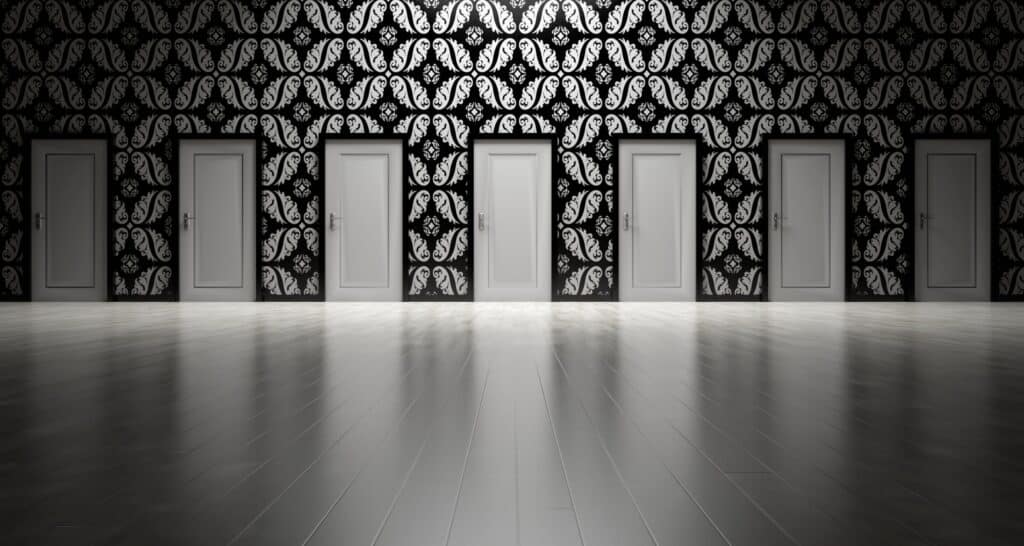Decoding Cleaning Service Marketing: Navigating Human Behavior with Behavioral Economics Insights
In the world of cleaning services, marketing is not a formulaic equation like the laws of physics. Unlike the predictability of rational objects in physics, marketing is a social science where we grapple with the intricacies of human behavior – a realm beautifully explored by behavioral economists like Richard Thaler and Daniel Kahneman.
Understanding the Quirks of Irrationality
Cleaning service owners, welcome to the world where consumers don’t always follow a linear path of logic. Behavioral economics delves into the irrational aspects of decision-making, acknowledging that emotions, biases, and mental shortcuts play a significant role. Thaler’s concept of “nudge” and Kahneman’s exploration of dual-system thinking shed light on how people often deviate from purely rational choices.
The Power of Perception
In the cleaning industry, perception is reality. How potential customers perceive your service is influenced by subtle cues, emotions, and social context. Applying the principle of anchoring from behavioral economics, consider how you present your pricing – the first number customers see can significantly impact their perceived value.

Choice Architecture in Marketing
Kahneman’s System 1 (intuitive) and System 2 (rational) thinking provides a valuable framework. Recognize that customers often make quick, intuitive decisions. Simplify your marketing messages, make your value proposition clear, and reduce decision fatigue. This aligns with the concept of choice architecture – structuring the environment to guide decisions in a favorable direction.
Building Trust through Transparency
Thaler’s idea of “transparency” is crucial in a service-oriented industry. Be open and honest about your offerings. Avoid hidden fees and unclear terms. Building trust is essential, as customers are more likely to choose services they perceive as trustworthy.

Embracing Loss Aversion
Humans are naturally averse to loss. Leverage this in your marketing strategy. Highlight what customers stand to lose by not choosing your cleaning service. Whether it’s time, peace of mind, or the benefits of a spotless space – make it tangible and relatable.
Personalizing the Experience
Behavioral economics underscores the importance of personalization. Tailor your marketing efforts to individual preferences. Use data to understand your customers better, allowing you to provide personalized experiences that resonate on a deeper level.
Conclusion: Navigating the Human Landscape
In the unpredictable world of cleaning service marketing, understanding the principles of behavioral economics can be a compass guiding you through the complexities of human behavior. Embrace the fact that your audience is not a collection of rational beings, but individuals influenced by emotions, biases, and cognitive quirks. By integrating these insights into your marketing strategy, you can create connections that transcend the logical and resonate with the heart of your customers.
Remember, in marketing, it’s not about mastering the laws of physics but navigating the unpredictable seas of human psychology.

